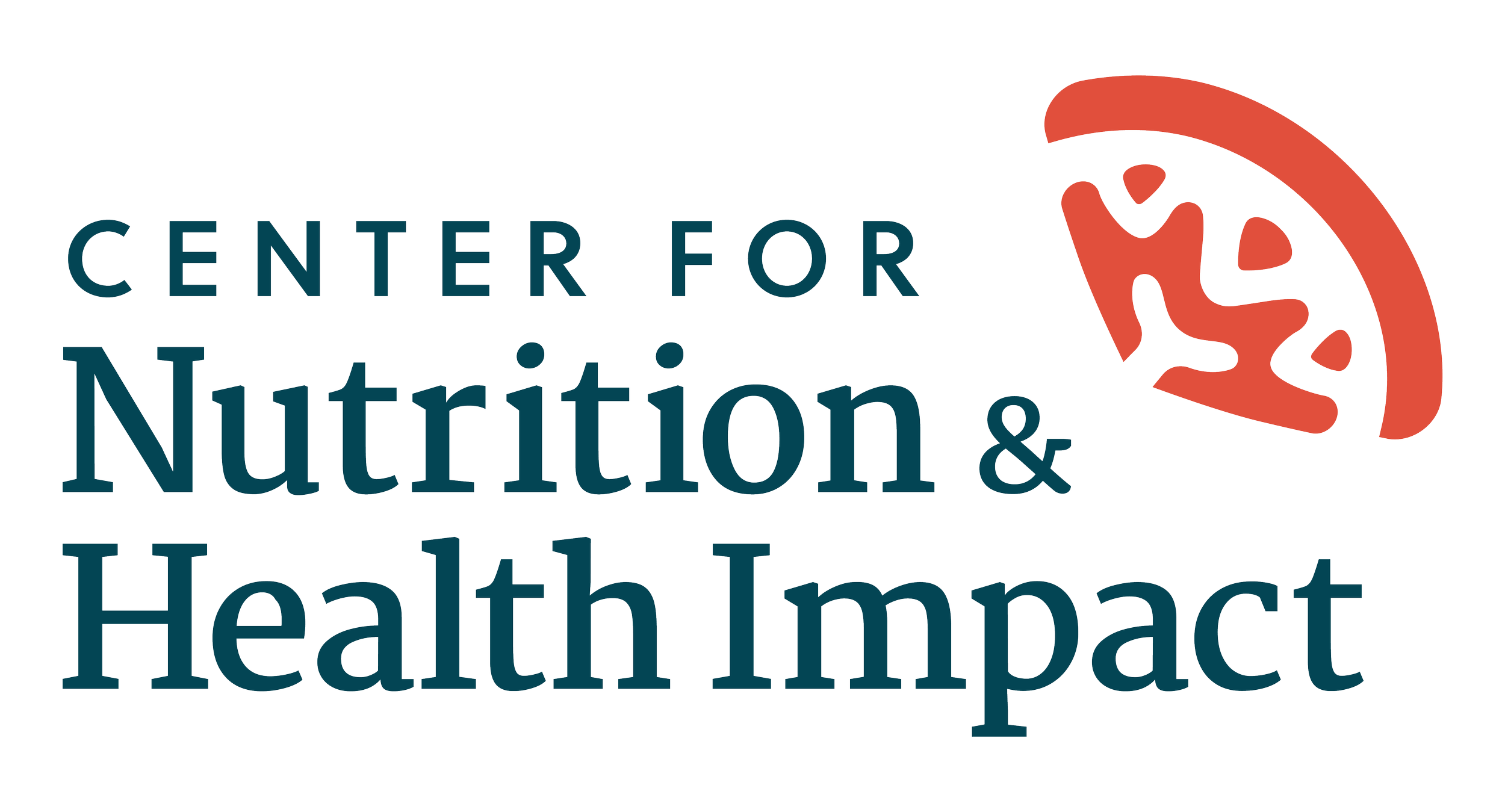Center for Public Program Evaluation
Eisele Family Foundation
Our Partners’ Perspectives on the Importance of Evaluation
A vital role of measurement and evaluation is to support program implementers and grassroots practitioners in their day-to-day work by helping them prove — or improve — their programs’ effectiveness, with high-quality, rigorous data to back it up.
Below, a few of our partners describe how evaluation has helped in their work, why they think it’s important to evaluate their projects, and more.
How has evaluation helped in your work?
Evaluation is part of everything we do at FHI 360, from assessing NCCOR’s processes to measuring the impact of our social marketing campaigns to determining the effectiveness of the training and technical assistance we provide. Formative research and evaluation are particularly important with communication work, as there’s no substitute for testing messages and materials with the target audience they are intended to reach.
- Todd Phillips, M.S., Director, Social Marketing and Communications, FHI 360
Why do you think it is important to evaluate your projects?
State and local policymakers want to improve children’s health, but resources are limited. Knowing and understanding what works and why it works, provides them with important information to select interventions. Because we have evaluated ECELC, we know what results can be expected and can more easily convince state and local leaders to try it.
- Julie Shuell, M.P.A., Project Director, Nemours
Both the funder and the field need to know what the important unanswered questions are, for policy advocacy to improve health. Policy can do a lot to encourage healthy choices and make them available to everyone. Indeed, behavioral scientists have long noticed that, without policy and environmental supports for behavior change, all the prevention education in the world won’t achieve the goals. In particular, Voices for Healthy Kids has cast light on how to achieve success through state and local campaigns. The insights will be important both to the Robert Wood Johnson Foundation and the prevention field for a long time to come.
- Laura Leviton, Ph.D., Senior Advisor for Evaluation, Robert Wood Johnson Foundation
There are numerous projects that focus on improving the health and well-being of the individuals within a community. Unfortunately, it is unknown whether many of these programs are effective. With the limited funding available to address the myriad public health needs, it is important that we are using those resources in the most efficient manner possible. Well-designed and conducted evaluations help to determine whether projects like Market on the Green are accomplishing their objectives. These evaluations also serve to inform the scientific community when the results are published and presented. There is no need to “reinvent the wheel.” Part of being efficient with our resources is to ensure that we learn from the work of others, build upon that work, and contribute to the existing knowledge base through appropriate dissemination of our own work.
- Joseph Dake, Ph.D., Chair/Professor, University of Toledo
What have you learned from evaluation?
I’ve learned that understanding the impact of our work is critical. We have to recognize both what we are achieving and how we can improve it. And we have to be able to ask ourselves hard questions and hold ourselves accountable to high standards. Having a strong evaluation partner helps strengthen both our approach to the work and the ultimate impact of our efforts.
- Holly Parker, M.P.P., Senior Director of Programs, Fair Food Network
How have you seen evaluation’s role evolved over your career?
I do think evaluation’s role has evolved over the course of my career. I think more and more organizations, large and small, are recognizing the value of evaluation and how it can enhance their effectiveness in the execution of their mission. Oftentimes, evaluation is not included in the planning of the work being done in communities. They just continue to do the work. It is important, however, to take a step back and look at where you’ve been, where you are and where you want to go. Evaluation is the only way to provide the empirical evidence necessary to guide an organization’s direction and effectiveness. I recommend to all of my clients to include an evaluation of their work in the plan of action.
- Letetia Daniels Jackson, President and CEO, Tandeka
How do you see evaluation moving public health efforts forward?
Program and policy evaluation is essential for the practice of public health. However, too often evaluation planning takes a back seat to other important activities required during the initial program design, planning and implementation phase. It is critical up front to determine the evaluation framework and identify the evaluation activities, at the same time considering the implementation model and project plan.
In my experience, rarely is there a lack of desire or knowledge on the importance of evaluation by the public health practitioner. More often, there is a lack of expertise or a hesitation to identify the evaluation questions and metrics that should be measured. Sometimes, there is too much focus on moving a project forward from concept to implementation that designing the evaluation plan is not identified at a project’s conception.
- Laura King Hahn, RN, Senior Manager, ANCHOR Partnership Program, American Heart Association
Why do you believe evaluation is important?
Not only in our own work, but in the work of other evaluators, we have seen how evaluations can help policymakers and managers change the way public programs are structured, managed and delivered to the benefit of our citizens.
- George Grob, M.A., President, Center for Public Program Evaluation



